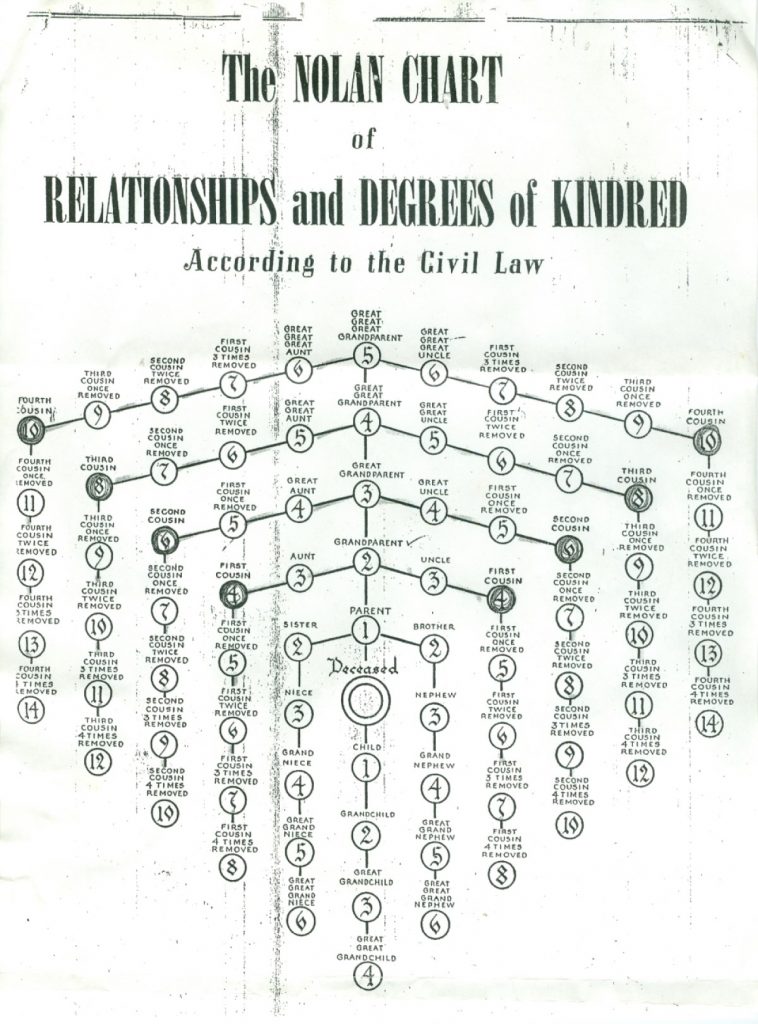Maryland nursing homes make use of two alternative model form nursing home admissions contracts approved by the Maryland Department of Health. These are the model Financial Agent’s Resident Agreement and the model Resident’s Agreement.
Maryland also has a power of attorney statute which includes form powers of attorney, among the provisions of which empower an agent under power of attorney to act for the principal to enter into contracts on behalf of the principal.
In light of the two factors addressed above, it is within the realm of possibility and legally permissible for an adult child of a person entering a nursing home who is acting as the agent under a power of attorney created by the parent entering the nursing home to execute a Resident’s agreement on behalf of the parent.
Nevertheless, when a parent enters a nursing home, the nursing home usually presents to such agent under a power of attorney the Financial Agent’s Resident Agreement to secure admission to the nursing home. Often this is done after the parent actually enters the nursing home.
William M. Gatesman strongly advises clients not to have their their agents under power of attorney sign the Financial Agent’s Resident Agreement, but rather, to sign, as agent under power of attorney, the Resident Agreement. Nevertheless, some nursing homes will refuse to provide such Resident Agreement to the agent to sign.
The problem with the Financial Agent’s Resident Agreement is that, technically, it is not legally the act of the agent under power of attorney binding the parent to a contract. Rather, it is a contract that binds the agent under power of attorney, typically an adult child of the person entering the nursing home, to a contract, making the agent legally and financially responsible to take certain actions not otherwise mandated by the agency relationship arising out of a power of attorney.
Indeed, the typical nursing home Financial Agent’s Resident Agreement contains a laundry list of matters for which the person signing the agreement binds themselves to the risk of suffering fines and civil money penalties of up to $10,000, and some of these provisions might be triggered when events occur that are not in the direct control of the agent signing the Financial Agent’s Resident Agreement.
Moreover, while the law offers opportunities for an agent under a power of attorney to facilitate and fulfill the estate plan of the person entering the nursing home by engaging in asset preservation planning strategies to facilitate Medicaid eligibility while still preserving assets, if an agent engages in such planning after signing a Financial Agent’s Resident Agreement, then such person will have made themselves subject to at least one of the circumstances that gives rise to such $10,000 penalties addressed in the foregoing paragraph, not to mention other potential personal liability.
In cases where the person entering the nursing home does not have a power of attorney, the Financial Agent’s Resident Agreement contains provisions that allow for an adult child of the person entering the nursing home to sign such agreement and to bind such child to the provisions of such agreement even if such adult child does not hold a power of attorney from the parent. The same issues addressed above pertain to any such adult child who signs a Financial Agent’s Resident Agreement.
William M. Gatesman urges any person involved in the admission of a parent or other loved one into a nursing home, if such person is asked to sign an admissions agreement with the nursing home on behalf of such person, to obtain competent legal advice before signing such agreement.
Indeed, Mr. Gatesman, has advised numerous clients not to sign the Financial Agent’s Resident Agreement, or to do so only after it has been modified by Mr. Gatesman to protect the person signing such contract.
William M. Gatesman stands ready to assist clients in the legal processes relating to nursing home admissions, including addressing the questions relating to which is the appropriate nursing home admissions contract to sign and how to protect the person signing such contract from the risk of personal liability.
